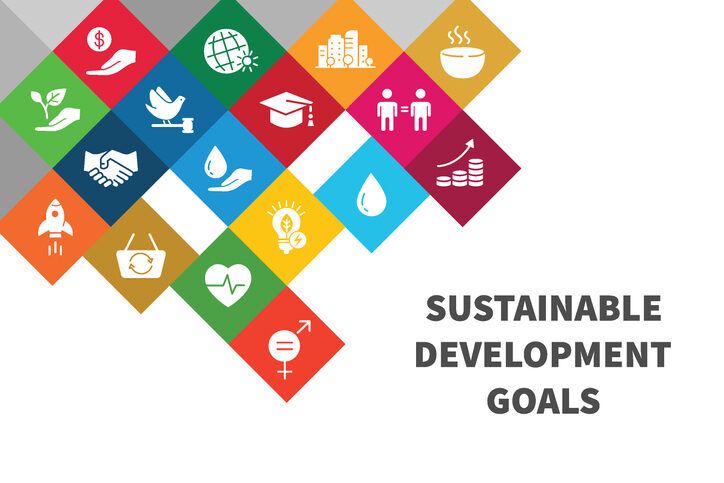A new impact rating by ISS ESG has revealed that companies currently have minimal positive impact on the UN Sustainable Development Goals (SDGs).
The SDG Impact Rating has assessed an initial universe of more than 6,500 companies across all industries holistically and found that, so far, only 3% of them have a significant positive impact on the SDGs, and 23% an overall limited positive impact, ISS ESG said.
The 17 SDGs set out how to address global challenges and achieve a better and more sustainable future for all by 2030.
The SDG Impact Rating allows investors to align their portfolios to the SDGs, report on them and develop their own investment solutions based on specific themes; such as biodiversity, climate, gender equality and health.
“The rating measures the extent to which companies are managing negative externalities in their operations across the entire value chain to minimise negative impacts, while at the same time making use of existing and emerging opportunities in their products and services to contribute to the achievement of the SDGs,” the company stated.
Method
Marija Kramer, managing director of ISS ESG, the responsible investment arm of Institutional Shareholder Services, explained that, for each of the goals, the rating breaks down into themes companies’ products and services, operational impacts and their involvement and responsiveness to controversies.
The rating provides over 100 data points per company and ISS ESG has plans to expand its database.
The tool also allows granular thematic assessments and customisation, using the firm’s proprietary DataDesk platform, as well as aggregated impact measurements, including the SDGs on which the company has the greatest impact.
The company has also announced it will launch an SDG Impact Index in the coming months.
ISS ESG is a data, analytics, and advisory service provider and enables investors to develop and integrate responsible investing policies and practices in their portfolios, and monitor these through screening solutions.







